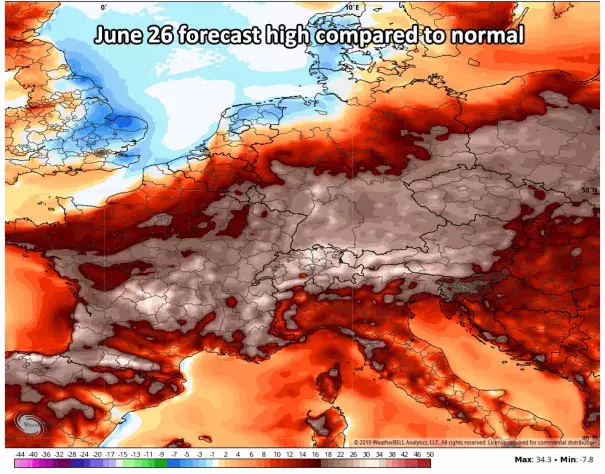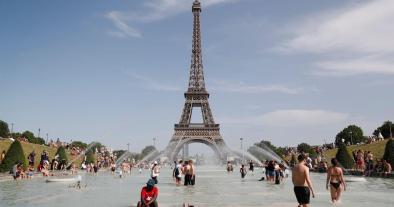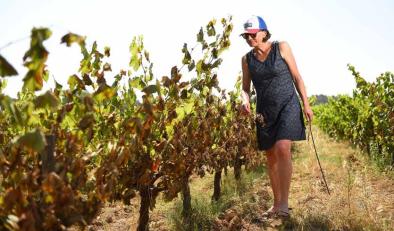Potentially historic and deadly early summer heat wave to roast Europe from Wednesday through Friday

The heat wave is expected to peak between Wednesday and Friday, when a swath from Spain to Poland is expected to see temperatures at least 20 to 30 degrees (11 to 17 degrees Celsius) above normal. Actual temperatures should surge to at least 95 to 105 degrees (35 to 40 degrees Celsius) over a sprawling area. Some locations could be even hotter, especially within cities where a “heat island” effect from asphalt and concrete increases temperatures.
Mika Rantanen, a meteorologist in Finland, described computer model forecasts for the intensity of the heat “totally unheard of for June” in France.
Early summer heat waves can be especially lethal, as people have not yet had time to acclimatize to the higher temperatures. Older adults, the homeless and those without air conditioning are most susceptible to heat-related illnesses.
“Heat waves are silent killers,” tweeted Stefan Rahmstorf, a climate scientist at Potsdam University. “The 2003 European heat wave has caused about 70,000 fatalities. Last year’s hot summer in Germany has been estimated to have caused at least 1,000 excess deaths.”
...
In a viral tweet, Silvia Laplana, a meteorologist in Spain, wrote “El infierno,” which translates to hell, “is coming.” The mercury is forecast to approach 105 degrees (40.6 Celsius) in Madrid on Friday, which would be its highest temperature ever recorded.
...
French meteorologist Gillaume Woznica tweeted Tuesday that the latest forecast leaves little doubt that France will set a new national heat record around 113 degrees (45 Celsius) on Friday, passing the old mark of 111 degrees (44.1 Celsius), set in 2003.
...
This early heat wave is the latest in a number of historic episodes of heat in recent years. Just last summer, the continent saw relentless record temperatures coupled with unusually dry conditions. As a result, drought and wildfires were rampant.
“The hottest summers since 1500 AD in Europe were: 2018, 2010, 2003, 2016, 2002,” wrote Rahmstorf.
Related Content





